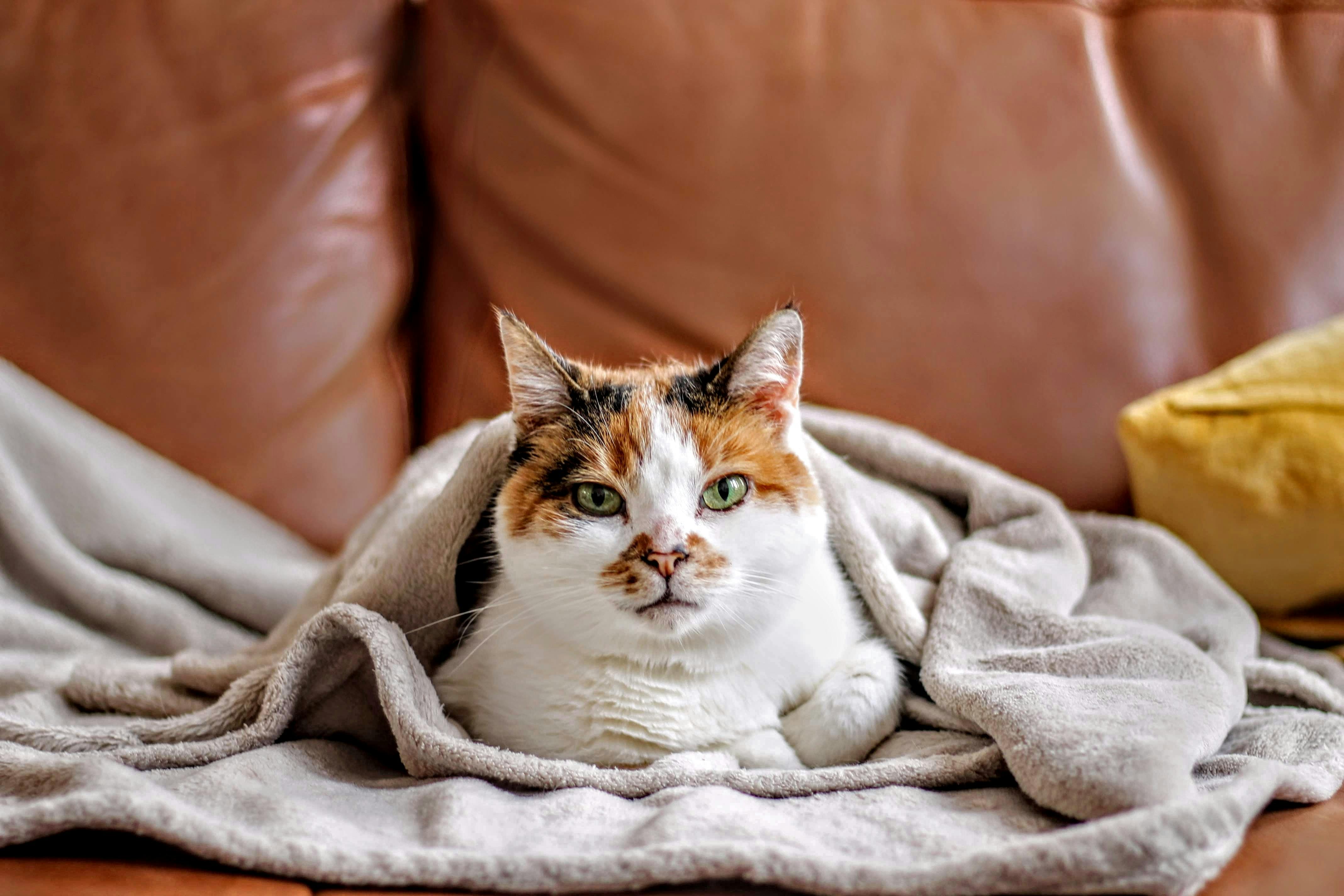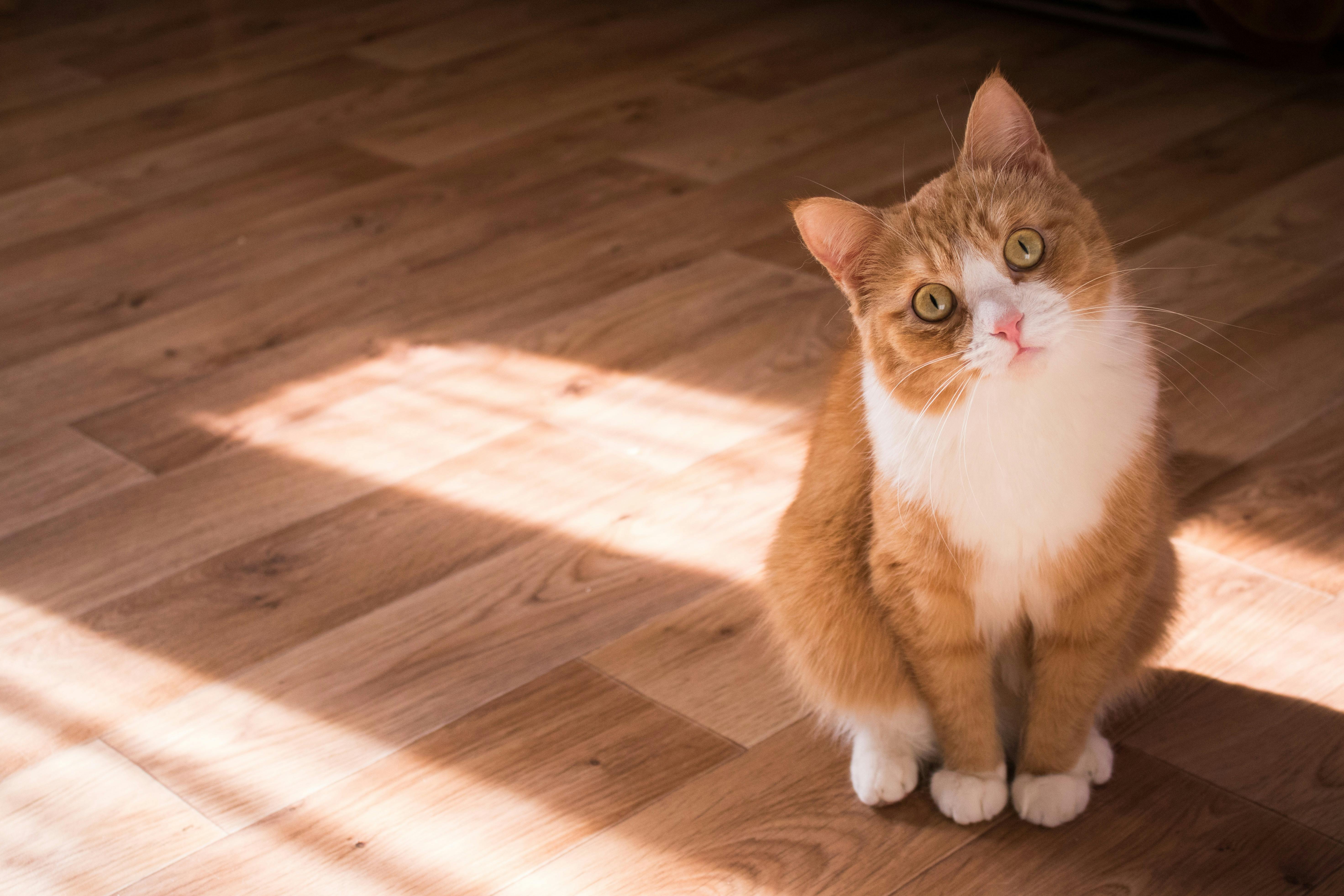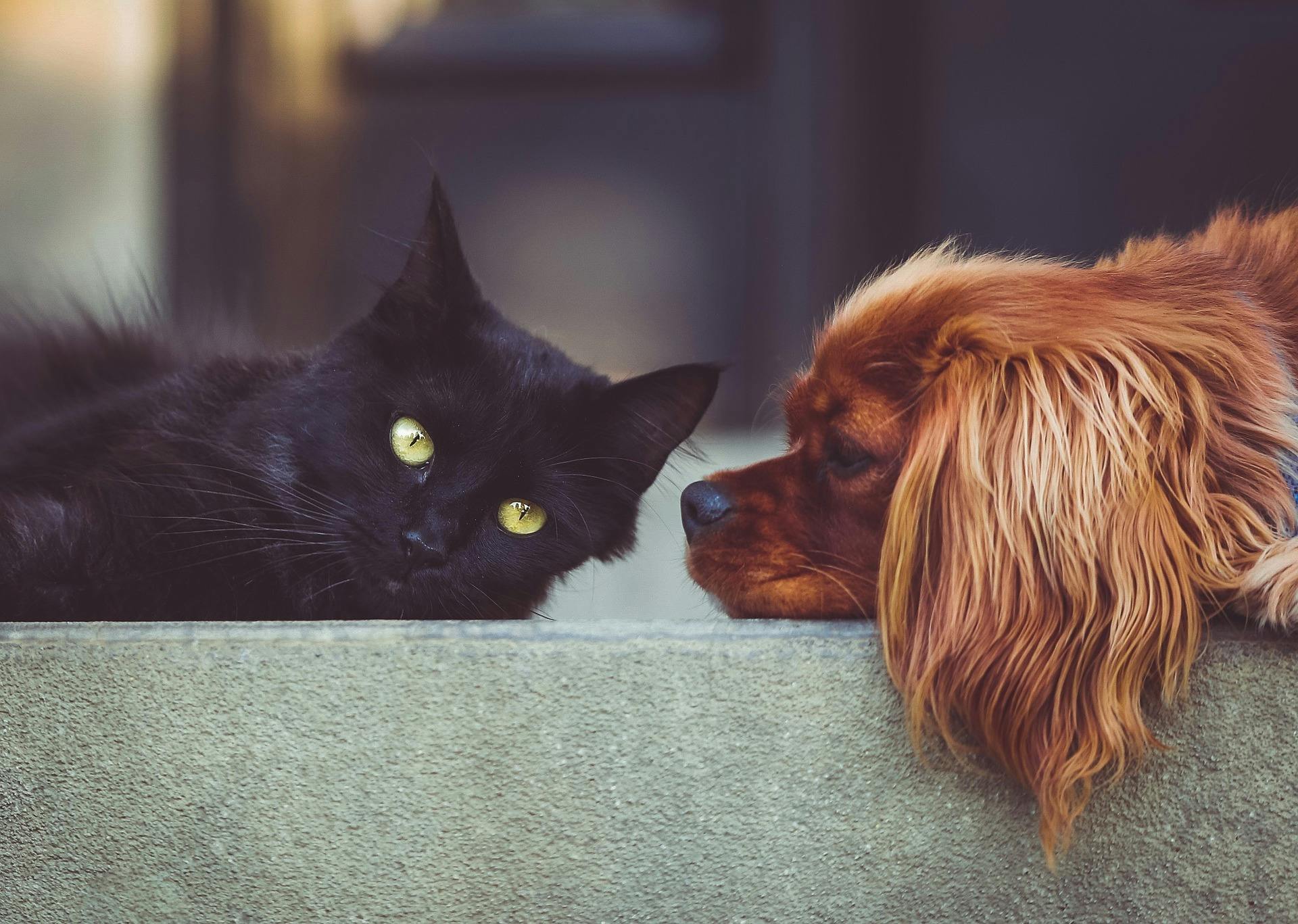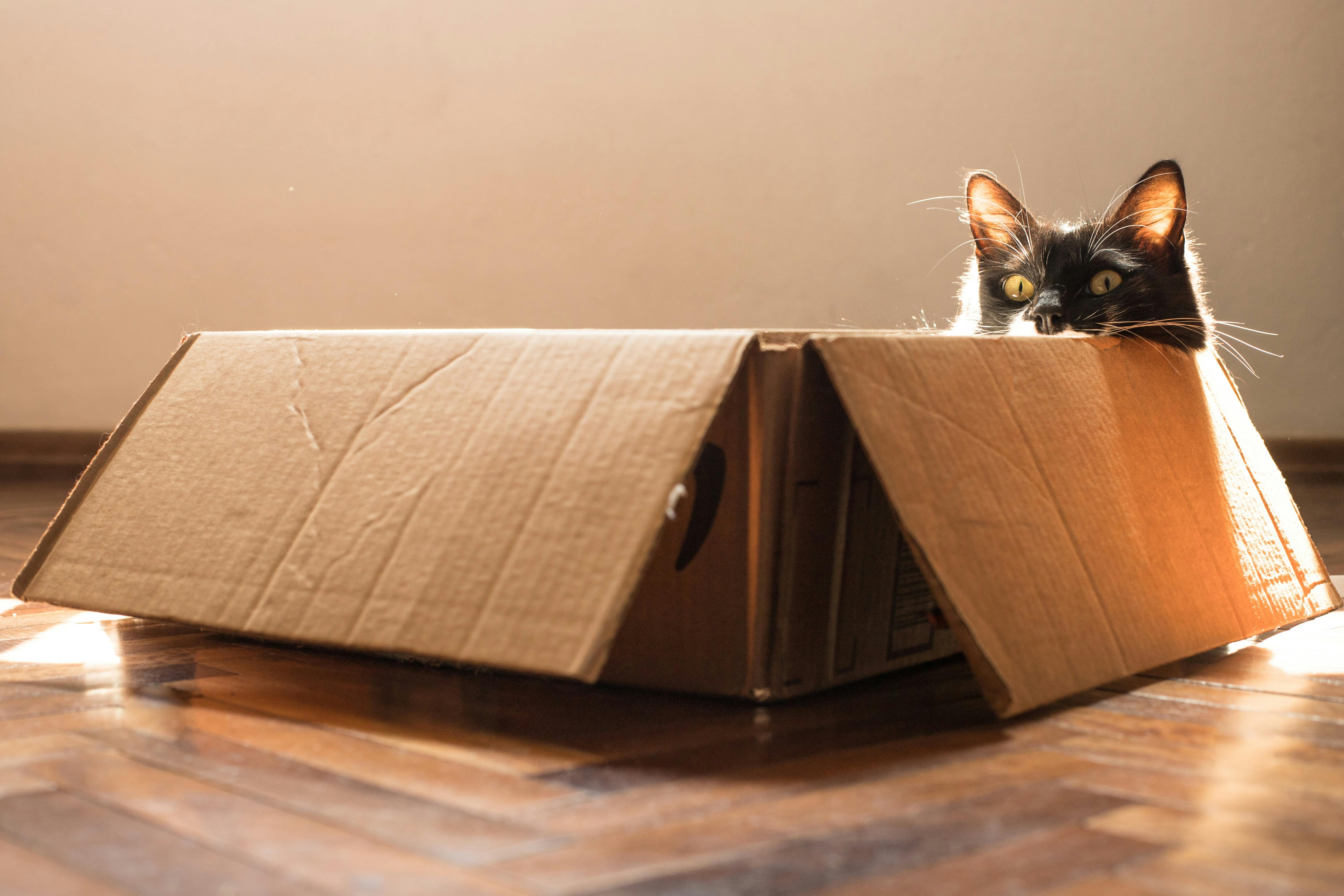As cats get older, their needs change. By adapting their care to meet those needs, you can help them enjoy a happy and healthy life for as long as possible. And isn’t that what every pet parent wants? So, let’s explore the signs of aging and discuss ways you and your veterinarian can work together to help your older cat thrive.
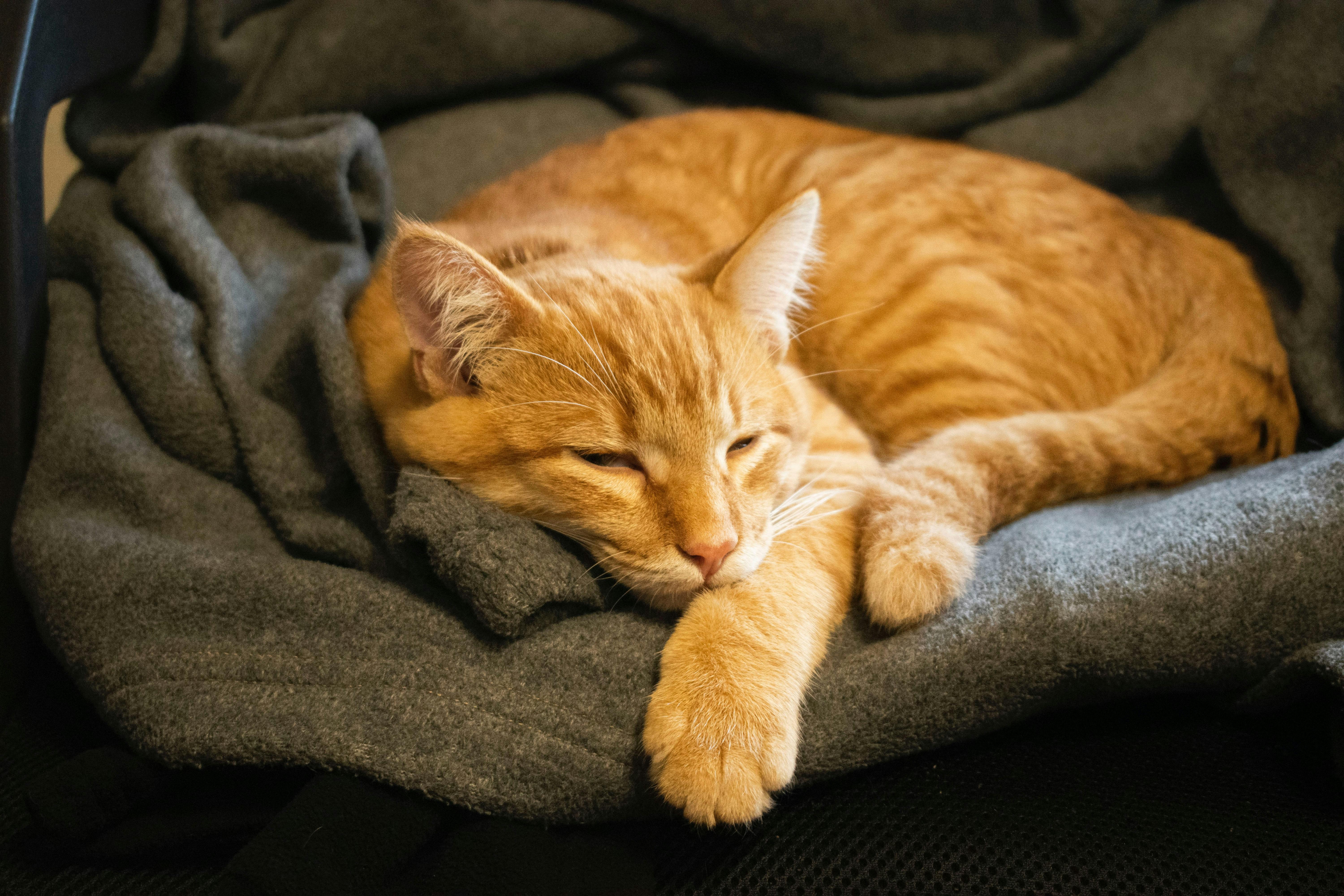
Signs of aging in cats
Before we start, it’s important to remember that age is not a disease. Just like humans, cats experience various changes as they get older. Not all changes are troublesome or require attention. However, some changes may be signs of discomfort or declining health. Because cats are famously good at hiding illness, it’s important to recognize physical and behavioral shifts and seek care when appropriate. Here are some of the indicators to watch out for:
- Decreased energy levels: Senior cats tend to be less active and may sleep more often. Extra catnaps on their own are not typically a cause for concern. But low energy paired with other signs may be something to watch.
- Changes in appetite: Older cats may show a decreased appetite, and some may experience weight loss. There are many potential causes for weight loss and appetite changes, including cancer and hyperthyroidism. If you notice your cat dropping pounds or eating less, it’s best to make an appointment for a check-up.
- Increased thirst and urination: Cats with chronic kidney disease or other health issues may drink more water or urinate more frequently. Seeing either of these signs is a cause for a trip to the vet.
- Reduced mobility: Arthritis or joint pain may make it difficult for senior cats to jump, climb, or navigate stairs.
- Changes in skin and coat: Older cats may develop dry skin, a dull coat, or experience hair loss. Others may have a greasy or unkempt coat, which could indicate hyperthyroidism.
- Poor dental health: Dental disease is more prevalent as cats age. Regular dental care throughout your cat’s life can help slow down or reduce the impacts of dental disease.
- Increased vocalization: Some older cats may become more chatty as they get older. This may be a sign of cognitive changes or a way of letting you know they are experiencing discomfort.
- Litter box issues: Senior cats may have difficulty reaching the litter box due to pain or mobility challenges, resulting in accidents outside the box.
- Cognitive decline: Older cats may display signs of cognitive dysfunction syndrome (CDS), such as disorientation, decreased grooming, or altered sleep patterns.
- Lumps and bumps: The cause of lumps on the skin can range from benign fatty deposits to cancer. It’s always a good idea to have new bumps examined by a veterinarian to rule out serious health issues.
- Hiding: Most cats enjoy a safe, quiet place to hang out occasionally. But if your cat starts spending more time hiding in closets or under beds, it may be a sign that they aren’t feeling well.
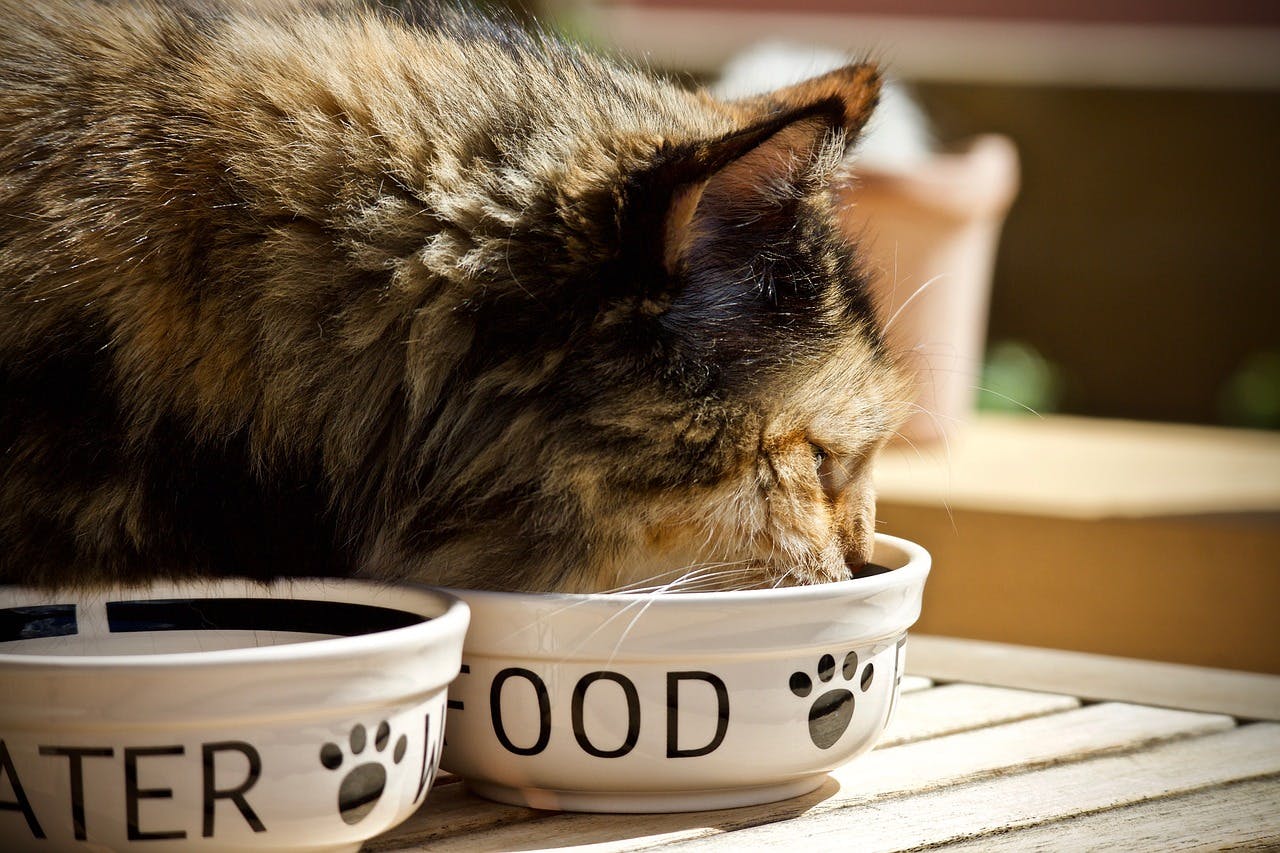
The importance of regular veterinary care
Your veterinarian plays a vital role in maintaining your cat’s health and well-being at all life stages. Since cats age faster than humans, regular vet visits will help you stay on top of health concerns as they enter their senior years. Ways your veterinarian can partner with you on your cat’s care include:
- Early detection of health issues: Regular exams and lab work can help identify potential health concerns before they become severe and more difficult to treat.
- Preventive care: Senior cats still require vaccinations to protect against infectious diseases. Additionally, preventive care, such as flea control and dental cleanings, helps keep them comfortable and healthy. If your cat has a health condition that makes routine preventive care measures riskier, your veterinarian can advise you on the most appropriate care plan for your pet.
- Diet recommendations: As your cat starts to slow down, their nutritional needs change. Or, they may have a health condition, such as chronic kidney disease, that benefits from a therapeutic diet. Your veterinarian can recommend a nutrition plan that best meets their needs.
- Pain management: Senior cats experiencing pain or discomfort due to arthritis or other conditions benefit from appropriate pain management strategies, including medication or acupuncture.
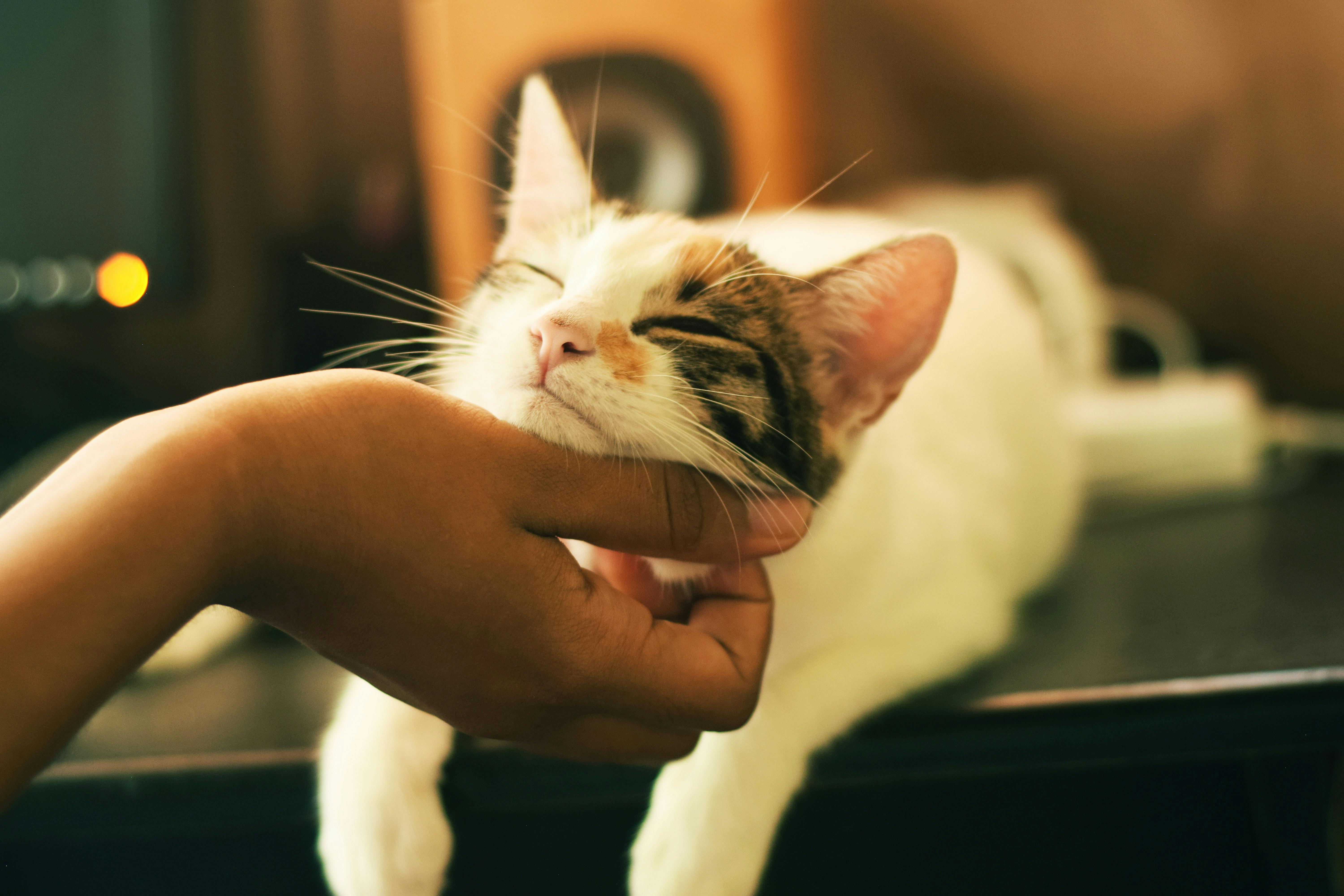
Keeping older cats comfortable at home
You can do plenty of things to create a home environment where your senior cat can thrive. When you start noticing signs of aging in your pet, consider implementing the following:
- Make it easier to get around the house: Help your cat navigate your home by providing ramps to elevated surfaces, such as beds or sofas. Helping them reach their favorite spots without jumping is easier on their joints.
- Make litter box accommodations: A litter box with low sides is easier for senior cats to get in and out. It’s also helpful to place a litter box on each floor of your home so they don’t need to climb stairs when they need a bathroom break.
- Adjust their food and water set-up: Ensure food and water dishes are at an appropriate height to minimize the need for bending down or jumping.
- Maintain a consistent routine: Many cats dislike change, which may be even more true for seniors. Keep their daily feeding, play, and snuggle schedules as stable as possible to help reduce anxiety and stress.
- Help keep your cat active: Older cats may not be as rambunctious, but that doesn’t mean they don’t enjoy being active. Encourage light exercise through short, gentle play sessions. Puzzle toys and interactive feeders are also great for keeping their minds sharp and muscles strong.
- Groom your cat regularly: As cats get older, they may have trouble keeping themselves clean. Help them out with regular brushing to prevent matting and keep their coats healthy.
- Show some extra love and attention: We saved the best one for last. Spend quality time showering your senior cat with affection and reassurance. Strengthening the bond you share is good for your cat and you.
By closely monitoring your cat as they age, you can identify changes and adapt their environment and care routine accordingly. And by doing so, you can help your cat live a long and happy life by your side—right where they belong.
